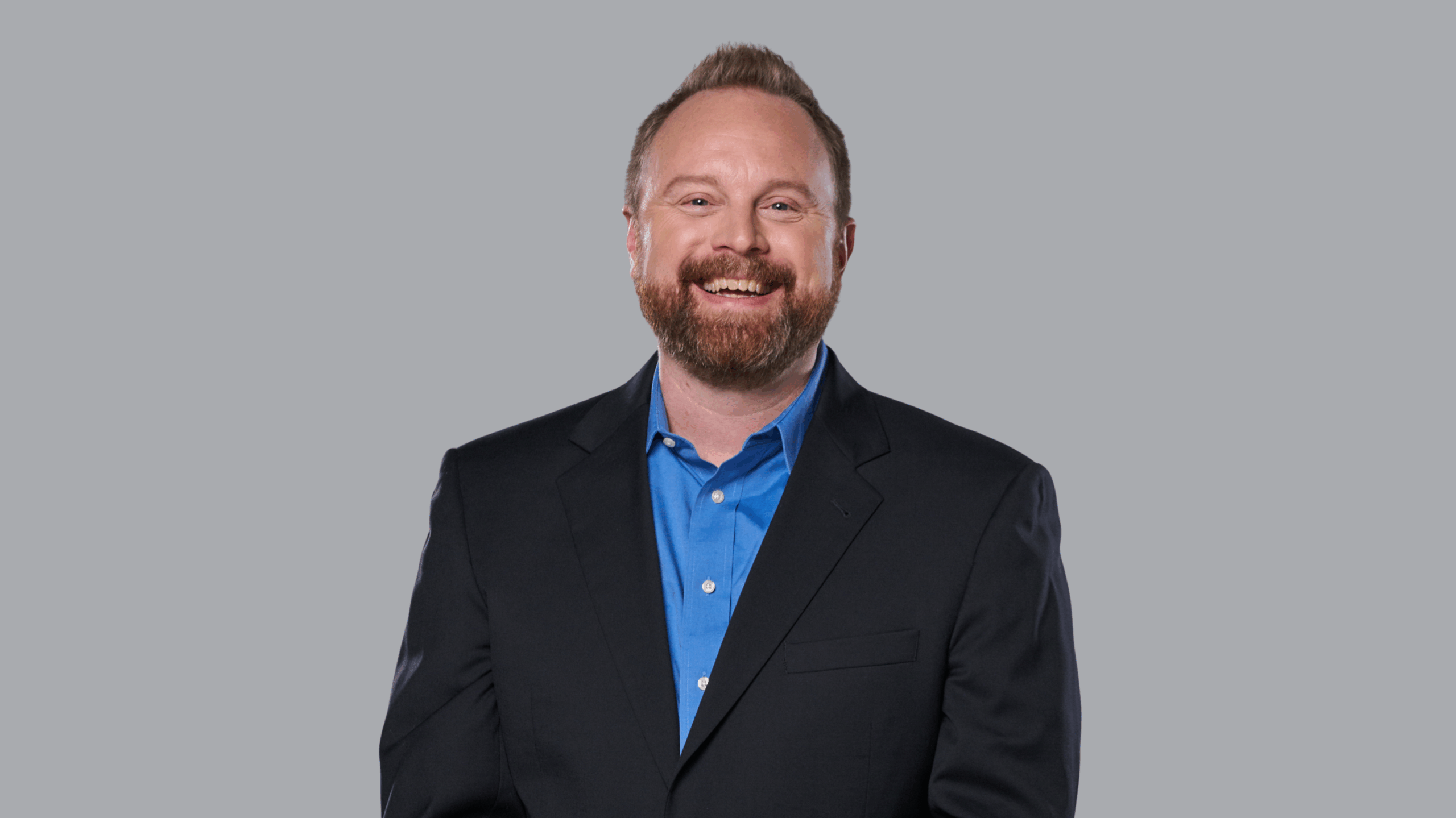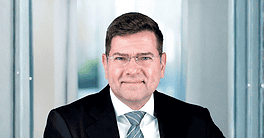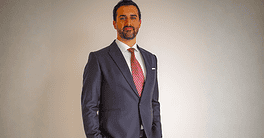BlackLine Systems is an enterprise software company that develops cloud-based solutions for the finance function. Patrick Villanova took over as CFO in March after nearly 10 years at the Nasdaq-listed company. He was previously lead audit senior manager at PwC.
Global Finance: What has been the biggest challenge in your first six months as CFO?
Patrick Villanova: I had a long preparation at BlackLine, but nothing fully prepares you for being in the spotlight. The biggest shift has been delivering the message myself. I already had a solid handle on internal communication, and since taking over Financial Planning over a year ago, I understood budgeting and forecasting.
But starting [as CFO on] March 1, investor relations became a key focus: engaging with analysts, stakeholders, and the Board of Directors far more frequently. And, of course, I work much more closely with our CEOs [Therese Tucker and Owen Ryan]. I’ve always had a great relationship with them, but now we talk much more often. That’s been the biggest change in my role.
GF: How did you learn to tell BlackLine’s story?
Villanova: One of the hardest, but most critical, skills as CFO is storytelling: taking complex data and distilling it into a clear, impactful message. It’s a skill I’m constantly refining. I’ve been learning from seasoned CFOs, reading up on best practices, and even rethinking how I use tools like PowerPoint to make the message more digestible and meaningful.
GF: What is the most rewarding part of your role?
Villanova: I’ve always felt part of BlackLine’s success, but now I have my finger on the switch. Financial decisions ultimately stop with me, and that responsibility—leading a company with a bright future—is humbling and rewarding. There’s more pressure now: public speaking, making final calls, and being the one who others look to for direction. But with that pressure comes trust, and that trust is a privilege. I’m in this role because I’ve earned it, and I remind myself of that when the weight of the job sets in.
GF: How difficult is it to say no?
Villanova: It comes back to storytelling and messaging. I find myself saying no more often, but it’s important to explain why. People may not always agree, but understanding your perspective builds trust and brings them into your thought process: key aspects of leadership in this role.
GF: How is AI going to change your job?
Villanova: AI is a topic I’ve been passionate about long before stepping into this role; I see it as the third major technological shift in finance and accounting. First came the PC and Excel era in the 1980s. Then came cloud automation shortly after the turn of the century, which BlackLine helped pioneer. AI is the next leap, bringing deeper automation and less human intervention.
AI is already providing predictive financial insights and forecasts. It’s like adding a fifth person to the finance, planning, and analysis team who works faster and cheaper. In accounting, it’s still early-stage, handling simple, rule-based tasks like booking entries and performing reconciliations. But as it learns from more data and how accountants make decisions, its impact will grow.
Adoption will take time, especially in accounting, where accuracy must be absolute; 95% accurate is 100% wrong in our world. Once AI proves consistent and reliable, it will be exponentially more transformative than Excel once it proves itself as reliable in the industry.
GF: What do you suggest to someone who is seeking a CFO role?
Villanova: You’ll need more than just strong accounting and finance fundamentals and leadership skills; those are table stakes. The real differentiators will be data and AI expertise. As automation takes over traditional tasks like forecasting and modeling, the CFO role will demand a deep understanding of the underlying technology. In 10-15 years, the finance landscape will look completely different, and those who aren’t fluent in data and AI will struggle to keep up.
GF: What keeps you up at night?
Villanova: What keeps me up at night is disruption: the breakthrough I don’t see coming. I spend a lot of time studying AI, new technologies, and what smaller, agile companies are doing. I also worry about the skills we might lack when the next shift hits and always ask, What’s the next disruption, and are we ready for it?




